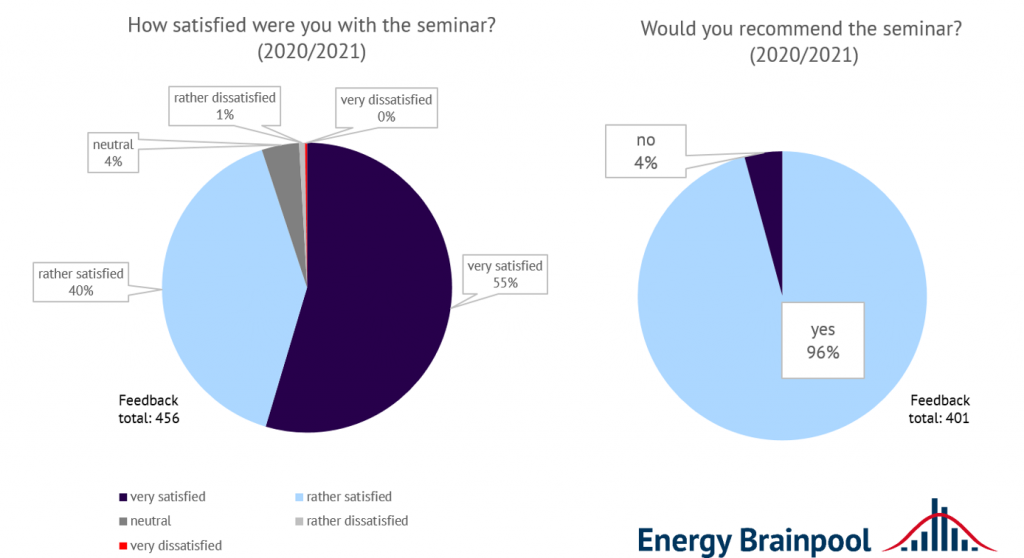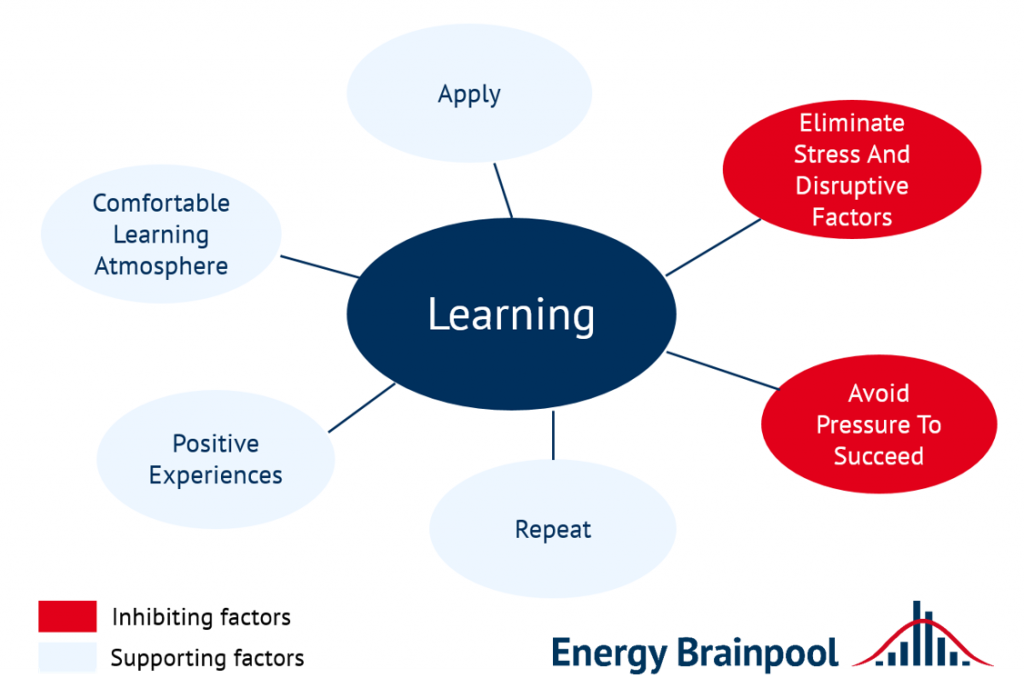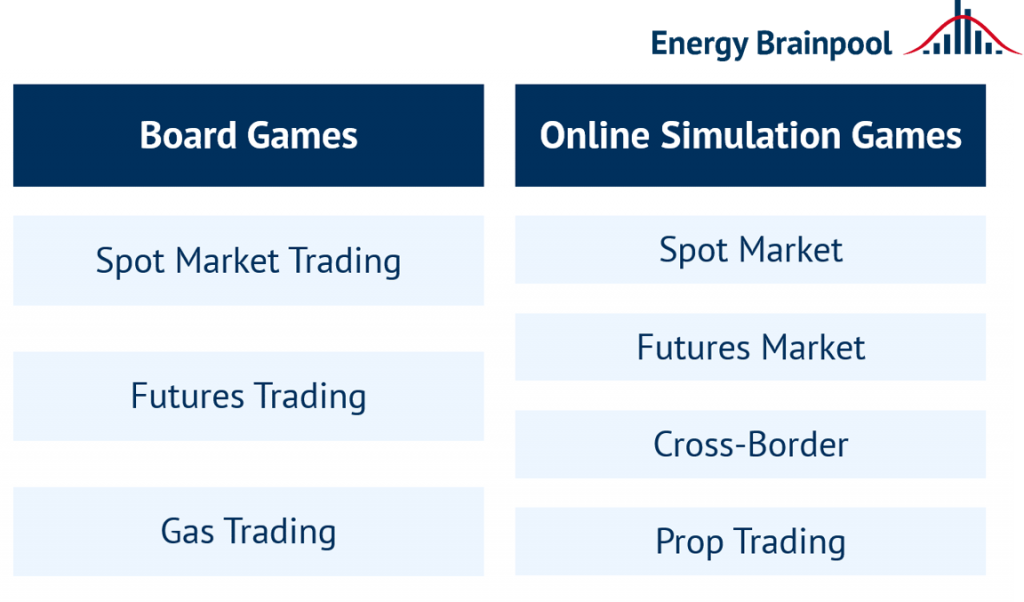Life is increasingly determined by various global trends. The energy industry has also been undergoing a transformation for some time. One upcoming challenge is decarbonisation, while at the same time decentralisation is taking place and digitalisation is steadily increasing. These developments are taking place with varying degrees of dynamism and occasionally come to a standstill.
The climate crisis, which is increasingly coming into focus, has accelerated this change and the upheavals. This is reinforced by various EU targets, such as the “Fit for 55” programme. The targets specify the expansion of renewable energies and their integration into the energy system. New technologies and increased sector coupling should lead to an increase in flexibility in the energy system in the long term. This requires battery storage, hydrogen, smart metering and many other technologies. In addition, new actors such as customer communities as prosumer communities, as well as investors and speculators in the CO2 market, are joining. The many movements also result in the development of new business models and the opening up of new markets (e.g. regional markets for electricity generation and consumption).
In this context, the question arises as to how organisations and teams can prepare themselves appropriately for these upheavals and thus for the future. Agile structures are needed in the company to be able to react flexibly and quickly to changing circumstances. In addition, a team is needed that bundles a lot of knowledge and competence and can apply it flexibly. However, the existing knowledge is not sufficient in all cases, and it is necessary to develop and train further. Learning is a fundamental activity of human beings in order to assert and adapt themselves in a changing environment.
How to learn best at work?
There are different ways to learn new skills. Learning-by-doing is a common one. In the professional context, this usually corresponds to training-on-the-job. Confucius already knew: “Tell me and I forget; show me and I will remember; let me do and I will retain.” In everyday working life, however, many employees suffer from high pressure to succeed. This puts the brain under stress. This combination makes workers unwilling to learn and harder to absorb or retain new knowledge.
What factors are relevant for learning?
A suitable, positive learning environment is of high importance for the willingness to learn, the practical application of theoretical knowledge in the context of a training is essential for learning success. In the current situation, everyone is responsible for their own learning atmosphere. Especially when working from home, it can be difficult not to be distracted by various disturbing factors such as the smartphone, emails, social media, or private commitments.
That is why it is important to us to create a pleasant learning atmosphere in our seminars and trainings and to soon be able to invite people back to seminar rooms.
Last year, we temporarily started to offer our seminars and trainings exclusively online. Since May 2020, we have held 38 open online trainings and have thus been able to train 547 people. Particularly popular topics were Power Purchase Agreements (PPAs), but also basics of the electricity industry, short-term markets as well as battery storage and hydrogen. The introduction of live online trainings was a complete success, as the participants’ evaluations show: 96 percent recommend our trainings to others.

Fig. 2: Answers to selected feedback questions for Energy Brainpool live online trainings in the period May 2020 to July 2021 (source: Energy Brainpool).
Playing and learning through simulation games
We achieve the linking of theory and practice, among other things, through our simulation games on the electricity or gas market. Playing always means learning, so what is learned is consolidated particularly well when it is applied playfully in a pleasant learning atmosphere. The aim of the simulation games is for the participants to reach a state of flow. This represents the optimal learning environment, in which the participants devote themselves completely to the task and block out everything else. The simulation games are challenging, exciting and provide a better feeling for the topic. They consolidate freshly acquired theoretical knowledge (LINK) in a protected learning environment without pressure to succeed and lead to a linking of knowledge with a positive experience. Our simulation games can be used in a variety of contexts, such as seminars and trainings, for recruiting processes, but they are also an appealing alternative for team events.
At present, online simulation games are particularly suitable. We offer online simulation games for electricity trading in four different game variants:
– Asset sales on the spot market,
– asset sales on the futures market,
– cross-border trading on the spot market and
– proprietary trading (prop trading) on the futures market.
All variants have their own character of complexity, make different demands on the participants, presuppose certain basic knowledge and invite the consolidation of theoretical knowledge. In addition, different game rounds with different events can be played to practise different behaviour through different scenarios. Application and frequent repetition leads to better recall of knowledge and more confidence in applying it outside the protected learning atmosphere.
Have fun playing, learning and applying!
Our in-house seminars and simulation games are also available in English.
We currently offer our open seminars and simulation games in German only:
Energy BrainSession: >>Der Terminmarkt zur Optimierung des Stromhandels
+ Online-Planspiel: >>Terminhandel
Energy BrainSession: >>Erlöspotenziale an kurzfristigen Strommärkten
+ Online-Planspiel: >>Kurzfristmärkte
Energy BrainSession: >>Techniken der Strompreisprognose
+ Online-Planspiel: >>Prop Trading






What do you say on this subject? Discuss with us!